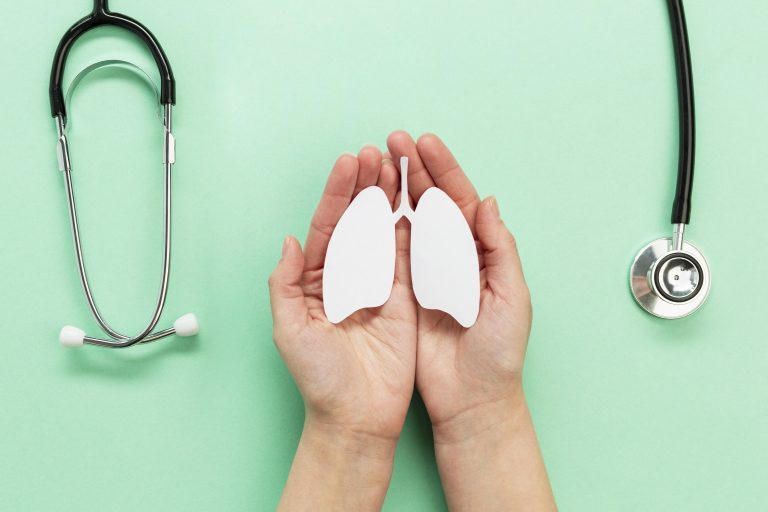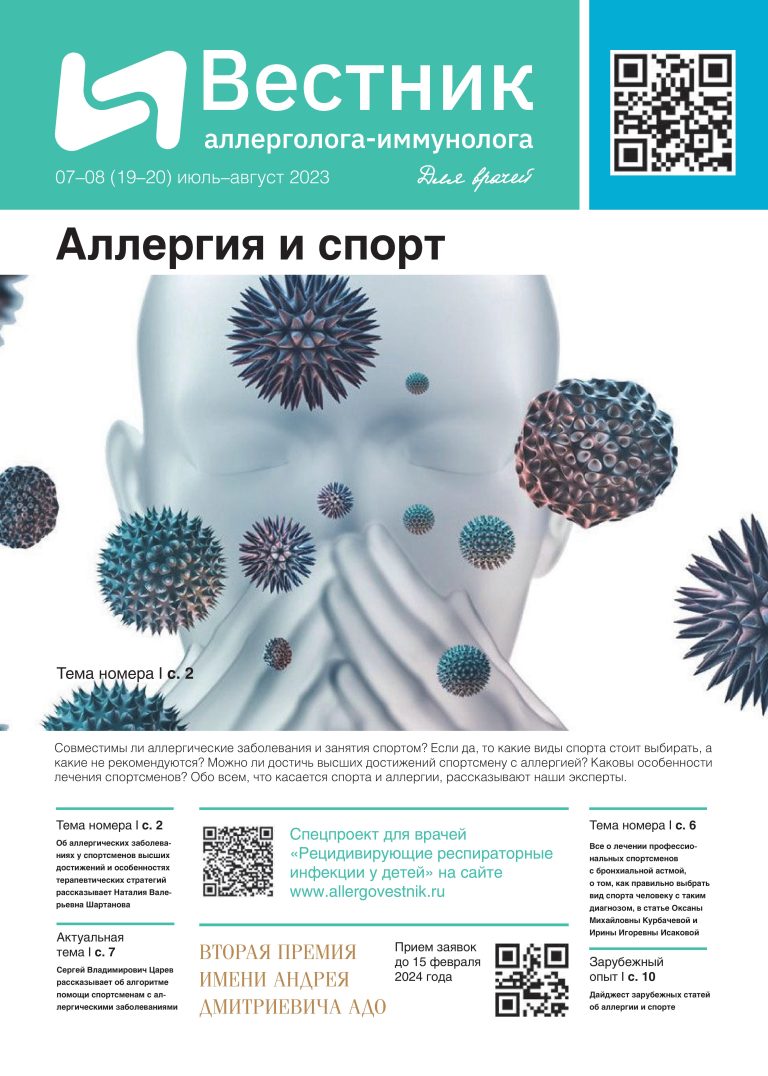 Medtouch
Medtouch DEXAMETHASONE EFFECTS ON THE AUTOPHAGY-REGULATING PROTEINS EXPRESSION IN LYMPHOCYTES OF PATIENTS WITH SEVERE ATOPIC BRONCHIAL ASTHMA.
Author: Bogomazova Arina Alekseevna
Co-authors: Skibo Julia Valeryevna, Bulat Rafisovich Ibragimov, Abramova Zinaida Ivanovna, Reshetnikova Irina Dmitrievna
Kazan (Volga Region) Federal University.
Russia, Kazan.
The relevance of programmed cell death (PCD) studies is determined by the relationship between its dysregulation and most diseases, in particular, with bronchial asthma, characterized by inflammation of the airways and infiltration of T-lymphocytes. Despite the proven impact of impaired PCG on bronchial asthma, the effect of synthetic glucocorticoids on autophagy (PCG type II) has not yet been studied [1]. Therefore, the aim of the study was to characterize the effect of dexamethasone on the main autophagy-regulating proteins expressions in lymphocytes of patients with severe atopic bronchial asthma (ABA).
The study was performed on peripheral blood lymphocytes of 15 patients with severe atopic bronchial asthma and 15 healthy donors. Autophagy was assessed based on the expression of Bcl-2, Beclin1, VPS34 proteins and the membrane-bound form of LC3 protein (LC3-II) by Western blot analysis and detection of autophagosomes and lysosomes by fluorescence microscopy.
An increase in the content of Bcl-2 and Beclin1 was found during long-term cultivation of lymphocytes in patients with ABA, which indicate the activation of autophagy in cells. At the initial stages of cultivation, the expression of the VPS34 protein in ABA patients increases and then decreases, which may indicate the predominance of the stage of elongation and dissociation of the initiating complex. Analysis of the content of the LC3 protein showed that in patients with asthma its expression is significantly increased, which indicates the active formation of autophagosomes in the lymphocytes of patients [2]. The results of fluorescence microscopy showed a high content of autophagolysosomes in healthy donors compared to patients with severe ABA. A small number of autophagolysosomes in patients with ABA indicate a violation of the last stage of autophagy, which consists in the fusion of autophagosomes with lysosomes and degradation of the contents, and may be one of the factors in the development of allergic inflammation [3]. The most important results were obtained when studying the effect of dexamethasone on the expression of autophagy proteins. The glucocorticoid had no effect on the initial stages of autophagy, but stimulated subsequent stages, in particular, enhanced the transition of the LC3 protein to the II isoform and the formation of autophagolysosomes in ABA patients. This may indicate a positive effect of dexamethasone on the autophagy process and its ability to stimulate impaired stages.
The study demonstrates the role of autophagy in lymphocytes of patients with severe atopic bronchial asthma and the influence of dexamethasone as a representative of the first line of treatment among synthetic glucocorticoids. Despite the inconsistency of current data on the effect of autophagy in various immune cells on allergic inflammation [4], the results confirm the impact of type II PCD disorders in lymphocytes on the pathogenesis of the disease. Ultimately, the study may help identify appropriate therapeutic targets that can effectively control severe treatment-refractory asthmatic responses.
The work is carried out in accordance with the Strategic Academic Leadership Program «Priority 2030» of the Kazan Federal University of the Government of the Russian Federation
References:
[1] Ichimiya T, Yamakawa T, Hirano T, Yokoyama Y, Hayashi Y, Hirayama D. Autophagy and Autophagy-Related Diseases: A Review. Int J Mol Sci. 2020;21(23):8974. doi:10.3390/ijms21238974
[2] Yonekawa T, Thorburn A. Autophagy and cell death. Essays Biochem. 2013;55:105-117. doi:10.1042/bse0550105
[3] Theofani E, Xanthou G. Autophagy: A Friend or Foe in Allergic Asthma?. Int J Mol Sci. 2021;22(12):6314. doi:10.3390/ijms22126314
[4] Ban G, Pham D, Trinh T, Lee S, Suh D, Yang E. Autophagy mechanisms in sputum and peripheral blood cells of patients with severe asthma: a new therapeutic target. Clinical & Experimental Allergy. 2015;46(1):48-59. doi:10.1111/cea.12585
Читайте также
Аспекты иммунного статуса при фенотипе бронхиальной астмы...
Автор: Чурюкина Элла Витальевна
ФГБОУ ВО «Ростовский государственный медицинский университет» Минздрава России,
ФГБОУ ВО «Кубанский государственный медицинский университет»
...
Aspects of immune status in the phenotype of bronchial...
Author: Churyukina Ella Vitalievna
Federal State Budgetary Educational Institution of Higher Education "Rostov State Medical University",
Federal State Budgetary Educational...












Комментарии (0)